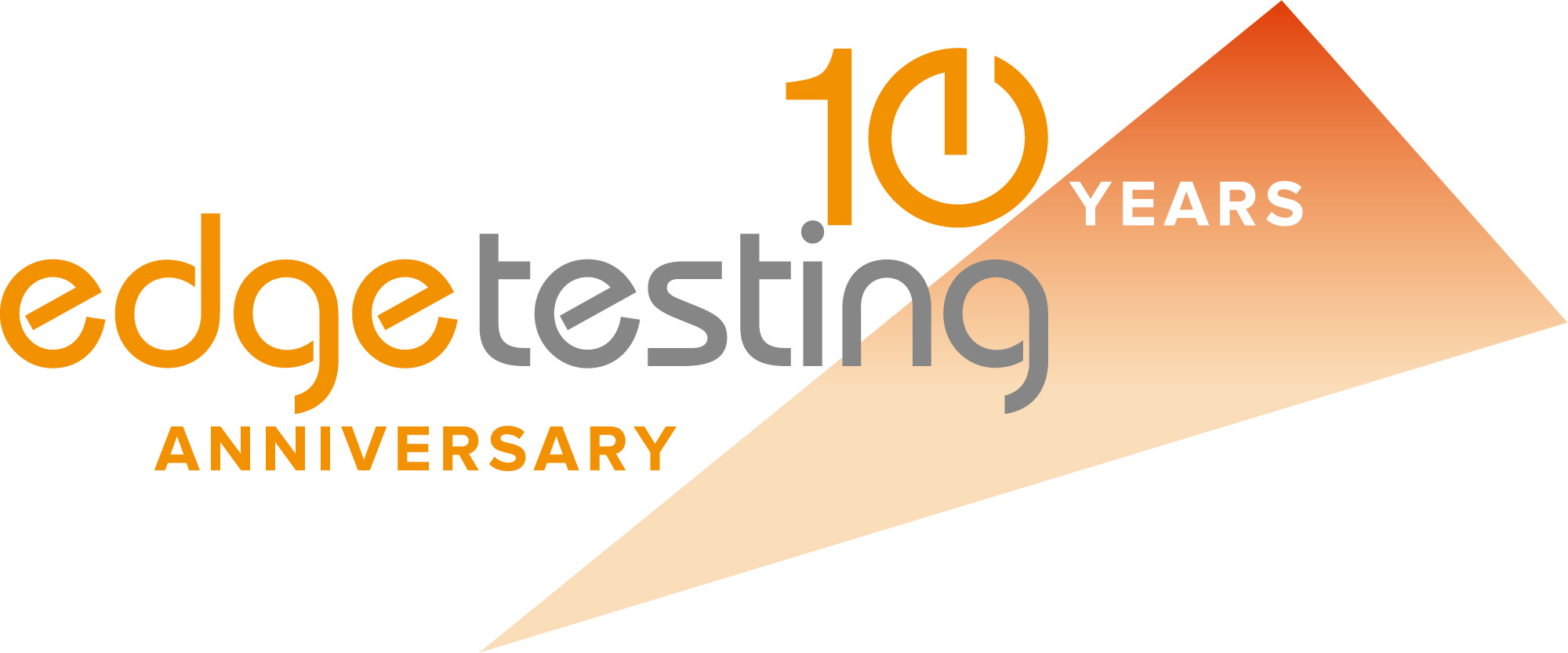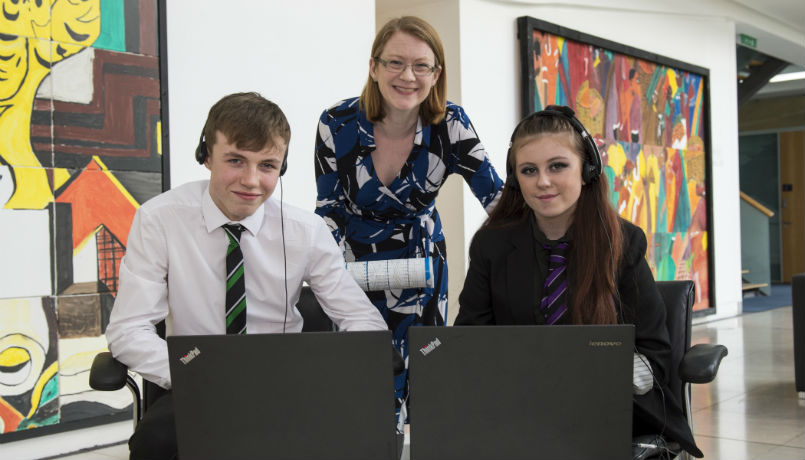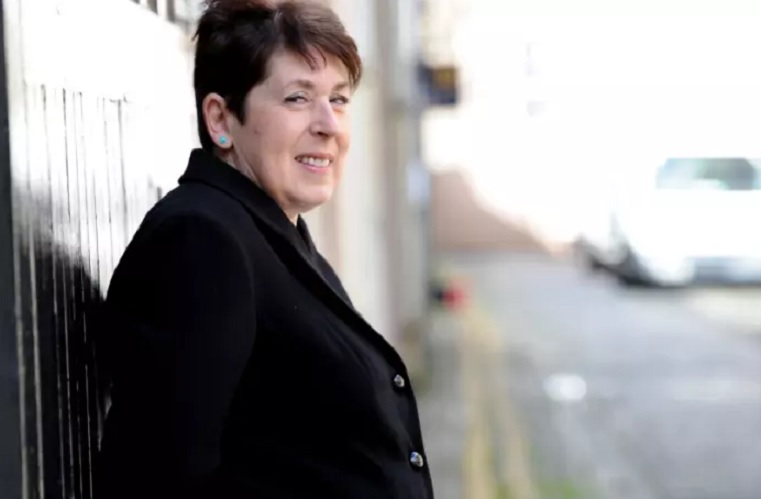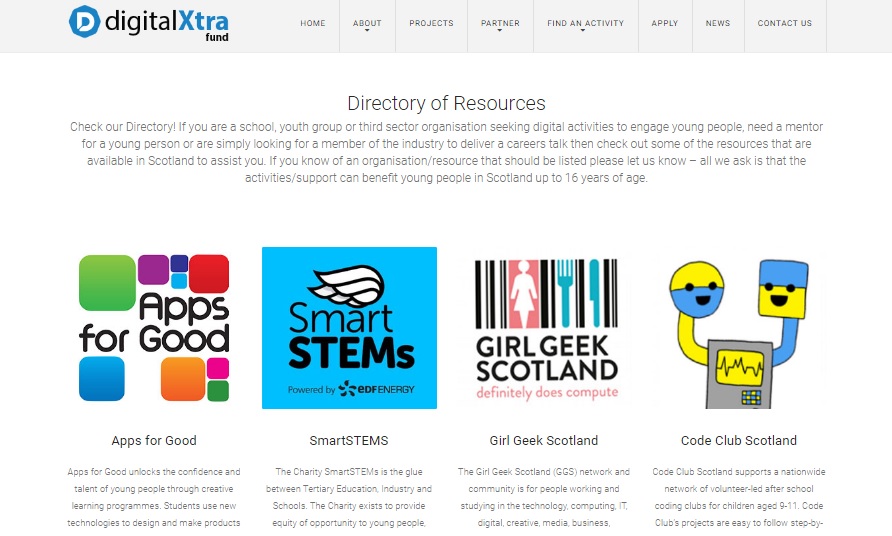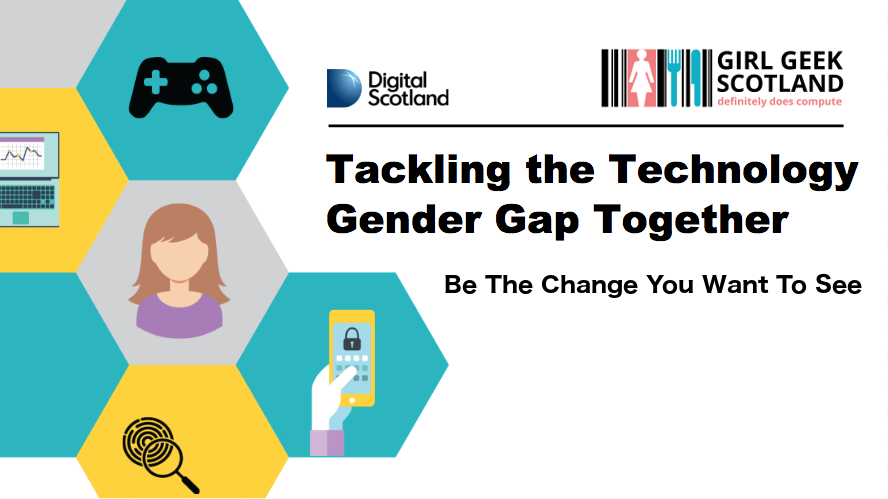Is Scotland Facing a Computing Studies Crisis?
Source: DIGIT LEADERS
In September DIGIT reported on calls from academics at the University of Glasgow’s Centre for Computing Science Education for children as young as five to be taught basic computer skills.
According to The Herald, the introductory courses could help address the 10,000-strong vacancy gap which goes unfilled in Scottish IT roles every year.
But a UK-wide report published by The Royal Society has cast doubts on whether such strategies for improving Scotland’s digital tech scene can be implemented at all. One shocking statistic highlighted by the research paper claims that Scotland has borne a 25% decrease in the number of computing teachers since 2005.
The report raises a difficult question: is Scotland facing a computing and computer science crisis?
DIGIT reached out to Graeme Gordon, Chairman of ScotlandIS, and Polly Purvis, the organisation’s Chief Executive, to find out more about the educational challenges facing Scotland’s computing sector.

Teaching shortages
The Royal Society’s report, titled After the Reboot: Computing Education in UK Schools, shows that 17% (roughly 425 of Scotland’s 2,500 schools) do not have the teaching staff required to deliver the learning outcomes of the computing courses on offer.
Graeme told DIGIT: “We have a teaching shortage, and when you get into the more specialised areas obviously that becomes more acute. Certainly in the more modern teaching subjects – and computing is a modern teaching subject – there’s obviously a smaller pool.
“What we don’t want is a nation of coders, just as we don’t want a nation of doctors, lawyers, truck drivers. What we want is that mixed working environment, that mixed economy that we all live in. Should we be showing our kids at school how to use the technology that is there every day better, more safely? Of-course we should, in the same ways we do with every other skill.”
“We should have the opportunity to teach more kids and young people at school about computer sciences as a career path, whether that’s software, sensors, computers themselves, VR headsets, or drones – all these things fit into more advanced computer science skills. It’s not just about coding, it’s much more about the digital environment that people are living in,”

Polly explained that initiatives are having an effect on Scotland’s declining teaching pool, but keeping the nation’s head above water is proving difficult. She said: “This [shortage] is recognised by Education Scotland and the Scottish Government. The ICT & Digital Technologies Skills Investment Plan work is already underway, supporting existing computing teachers to keep their professional knowledge and skills right up to date, and to bring new teachers into schools through greater numbers of specialist teacher training places.
“However this is not an easy challenge and we are continuing to lose computing teachers faster than we can recruit and train new ones.”
Pupil participation
Even worse, according to the Royal Society the dwindling number of teachers in the talent pool are outpaced by a decline in overall pupil enrolment in computing courses, dropping 11% since 2005. This decrease means that the declining supply cannot keep up with the declining demand. The Royal Society’s report details that in females Advanced Higher-level uptake of computing studies is currently no more than 14%.
Furthermore, The Royal Society reports that the number of first-year students on computing initial teacher training courses has dropped by 80% over the last nine years. As a result, some universities have been forced to drop their PGCE in computer science, which could lead to a perpetuation of the student-teacher decline.
With student-teacher declines in mind, Polly hypothesised what a general lack of participation could lead to: “As the whole world goes digital it is essential that Scotland develops the technology products and services of the future. Our economic prosperity will depend on making sure all our young people can be skilled contributors to the technology workforce.
“If we don’t address the issue we will fall behind, as other countries are prioritising the teaching of computer science in schools.”
Graeme contests that technological innovation has long been a part of Scottish history, and there is no reason why this should not be enhanced in the digital age. Graeme said: “I think that Scotland has been an engineering society forever. We’ve been caught up now by the rest of the world, but that doesn’t mean that we’ve gotten any worse at it.
“I still think we produce some of the best engineering, whether that’s software, hardware, electrical or space-tech – there’s no doubt about that. But we need to increase the volume of people coming through our system. We’ve got great quality there – [and] it could be better, it could be more industry relevant – but we need to increase the volume of it so we can capitalise on the reality: that Scotland is a great place to be educated. Let’s take that forward into a digital age and continue that theme through.”
Despite Scotland’s rich heritage in technology, and the ubiquitous nature of digital tech, the numbers have caused The Royal Society to brand computer science in Scotland as a ‘long established discrete’ subject.
Fighting back
But aspects of Scotland’s rich technological heritage do endure in programmes today which are encouraging more Scottish people into tech. The Digital Xtra fund, for example, raises and distributes funds to organisations engaged in advancing technology, digital and computer science education across Scotland. These projects include the Rampaging Chariots Guild – an introductory robotics module already active in over 250 Scottish schools. Other initiatives include Apps for Good, which teaches 10-16-year-olds to design, market and build apps for causes that they care about in their local communities. More recently, the fund is releasing a pot of £50,000 to 11 tech-programmes.
Initiatives such as Digital Xtra aren’t only available to younger audiences, as both Graeme and Polly pointed out. CodeClan, the first UK digital skills academy to be recognised by the SQA, offers 16-week coding courses to adults as well as students. Perhaps surprisingly, the average age of a CodeClan cohort is 32 years-old.
Polly also noted a number of tech initiatives aimed towards redressing gender-imbalances in Scotland’s digital landscape. Organisations such as SmartStems specifically focus on encouraging more young women into tech, through its offering of Hub and Outreach programmes which look at areas such as VR, programming and engineering.
Despite these promising signs, Polly reminded DIGIT: “All these groups and the Digital Xtra Fund are all under-resourced, so we are in effect only creating a sticking plaster for the underlying issue.”
Graeme suggested that by utilising the gig-economy model in digital education, teacher shortages could be addressed in a more substantive. Graeme said: “You could use the gig economy model where you’ve got coders who may be lending time to code clubs and so on. [They] could come in and support the learning environment by saying, ‘Look, this could be a career choice for you,’ and not just using Word and Excel and so on.
“We should be opening more people’s eyes to the opportunities that computing, computing software, software engineering, data analytics and data science offer. We have a missed opportunity there.”
Industry Evangelists
Beyond a paucity of teachers, Graeme also pointed towards a lack of active engagement from professionals within the digital industries as both a problem and an opportunity: “I think one of the biggest things when it comes to education is [that] parents tend to devolve education to schools and universities.
“Because we’re in the digital space, I think as parents, aunts, uncles, cousins and friends, you owe it to pay that back. We as people who are out there and doing this owe it to speak to our nieces, nephews, cousins, sons, daughters, brothers: ‘Hey this is what a career in digital looks like. This is what you could be doing. This is what I do.’ And we’re not doing that enough, and that’s because it’s sometimes difficult to do so, but it’s also because sometimes we’re reluctant to do so. We should be telling people about, ‘How great my job is’.”
Graeme concluded: “You’re never too young to start exercising, and the benefits in later life you never realise when you’re 16– it’s how we introduce that blended environment for using technology as an enabler, not as a novelty.”


